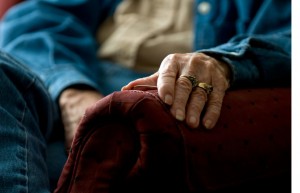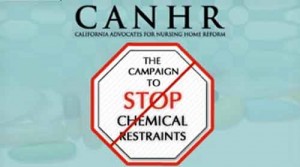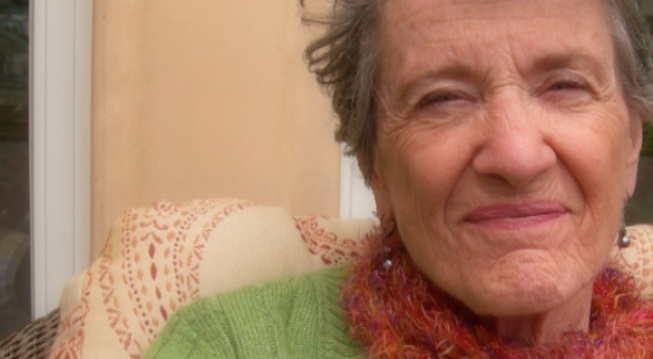Rampant illegal psychiatric drugging of elderly/nursing home patients: 1,200 violations involving 2,900 patients
The Chicago Tribune’s unprecedented review of more than 40,000 state and federal inspection reports found that all types of nursing homes have been cited for improperly administering psychotropic drugs. The reports show thousands of elderly and disabled people have been affected, many of them drugged without their consent or without a legitimate psychiatric diagnosis that would justify treatment.





